In addition to lack of orders and competition from other countries, textile and garment enterprises are under additional pressure regarding green standards from key markets.
The signing of free trade agreements (FTAs) with 53 countries, including many new-generation FTAs, has placed increasingly stringent requirements on green growth. According to Ms. Nguyen Thi Tuyet Mai - Deputy General Secretary of the Vietnam Textile and Apparel Association (VITAS), more than 80% of small and medium-sized enterprises lack investment capital to convert to green production. They also lack many regulations such as LEED certification, supply chain assessment, traceability and complex requirements on ecological design, causing many businesses to hesitate when making the transition.
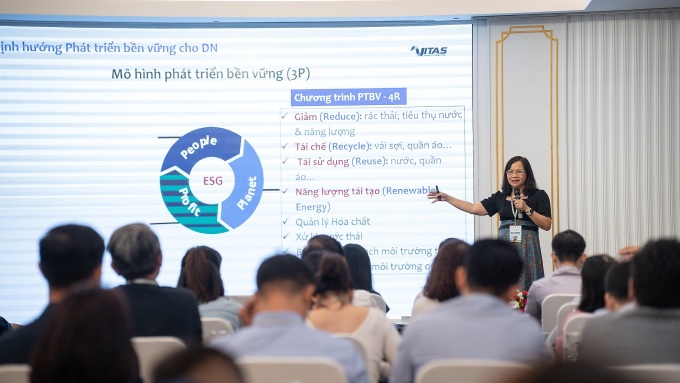
Ms. Nguyen Thi Tuyet Mai - Deputy General Secretary of VITAS shared at the workshop organized by the Vietnam Federation of Commerce and Industry (VCCI) and Global PR Hub. Photo: Global PR Hub
In fact, major fashion brands around the world are increasingly prioritizing green businesses or requiring suppliers to adopt more green practices. This is seen as a way to protect their reputation and business philosophy, while also meeting increasingly stringent legal regulations.
Ms. Lanh Huyen Nhu - Project Manager of Sustainable Supply Chain and Climate Change Adaptation at the German Chamber of Commerce and Industry (AHK Vietnam), said that in developed countries, sustainable growth is no longer an issue that the government encourages businesses to do, but has shifted to forcing them to do it. According to the roadmap, the above standards will expand in scope, thereby deeply and widely affecting the supply business ecosystem in other countries, including Vietnam.
Ms. Nhu cited Germany as an example, where the Supply Chain Due Diligence Law (LkSG) stipulates that businesses must monitor their partners and suppliers to ensure they comply with environmental protection and workers' rights standards before importing into the country. Fines can be up to 2% of total revenue for violations. The LkSG comes into effect this year for businesses with 3,000 or more employees, but next year, companies with 1,000 or more employees must also comply. It is expected that Europe will also pass the Supply Chain Due Diligence Directive (CSDDD) with similar content.
Even with the Vietnam-EU Free Trade Agreement (EVFTA), the representative of AHK Vietnam said that businesses still do not have clear orientation on labor protection and social responsibility. Ms. Nhu predicted that this could make it difficult for the Vietnamese textile and garment industry to conduct in-depth assessment in the EU market.
The increased greening regulations by key importing countries have added to the difficulties facing the textile and garment industry, which has yet to recover from the pandemic. According to VITAS, total textile and garment exports in the first 10 months of the year reached $33 billion, down 12% year-on-year. The lack of orders means businesses do not have enough capital or are unable to operate continuously to make the green transition.
Another expert also gave a real-life example of a company that proactively converted its wastewater treatment system. This company sought professional advice and was excited to invest, but then had to stop abruptly because there were no orders.
Despite the difficulties, the above-mentioned supply chain auditing laws will create new opportunities for Vietnamese textile and garment enterprises to gain an advantage over other countries. Recently, Bangladeshi textiles have won, thanks to lower prices when enjoying zero tariffs in Europe and cheap labor. Therefore, if this South Asian country does not implement human rights protection regulations well, in the future, large markets such as Europe will also restrict imports of goods.
The Deputy Secretary General of VITAS stated that despite the difficulties, green transformation is an inevitable path that textile and garment enterprises cannot avoid if they want to survive and participate in the global supply chain. "This is a game that we have no choice in," she emphasized.
Siddhartha
Source link




![[Photo] Prime Minister Pham Minh Chinh receives Mr. Jefferey Perlman, CEO of Warburg Pincus Group (USA)](https://vstatic.vietnam.vn/vietnam/resource/IMAGE/2025/4/18/c37781eeb50342f09d8fe6841db2426c)
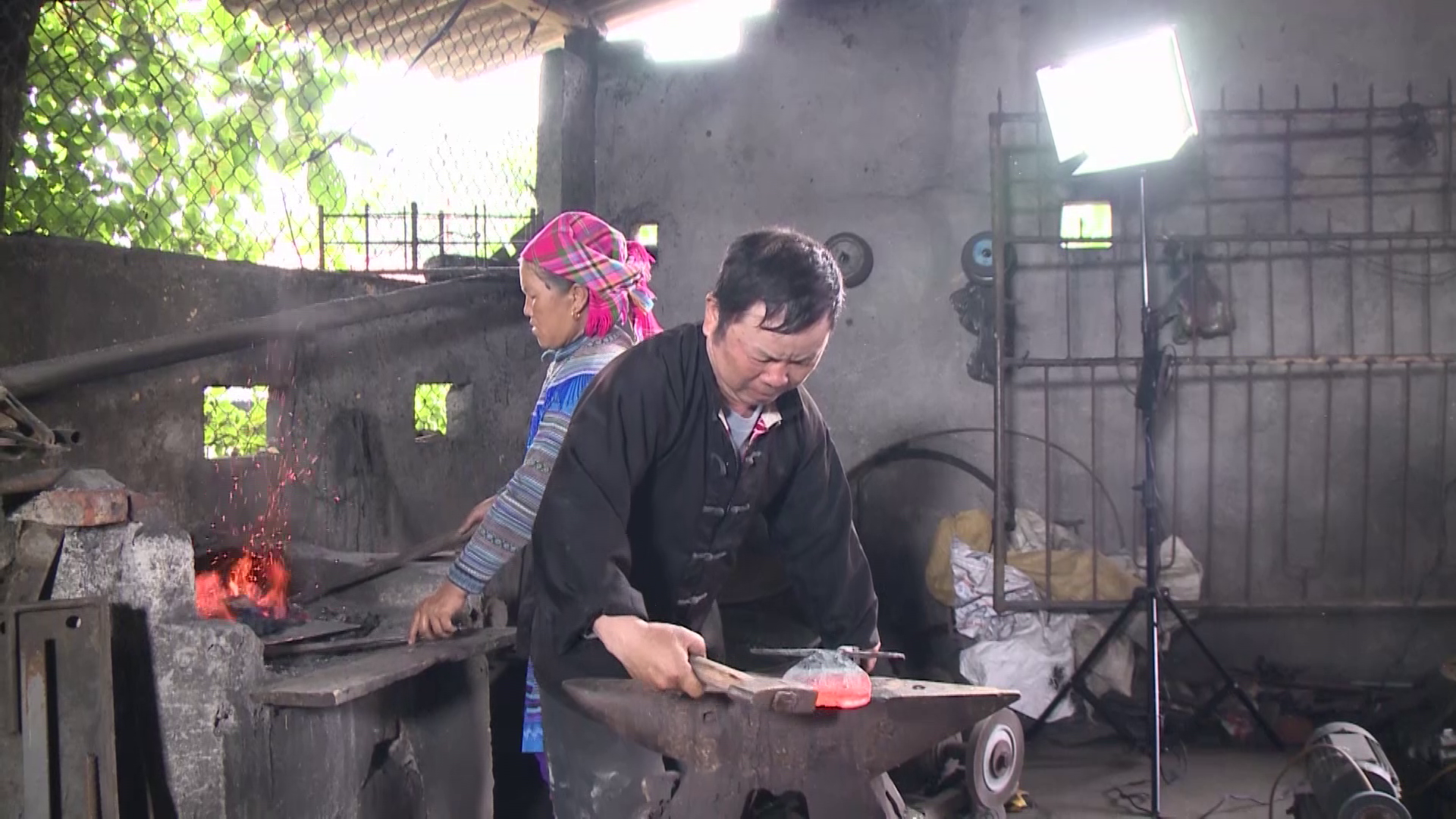

![[UPDATE] April 30th parade rehearsal on Le Duan street in front of Independence Palace](https://vstatic.vietnam.vn/vietnam/resource/IMAGE/2025/4/18/8f2604c6bc5648d4b918bd6867d08396)


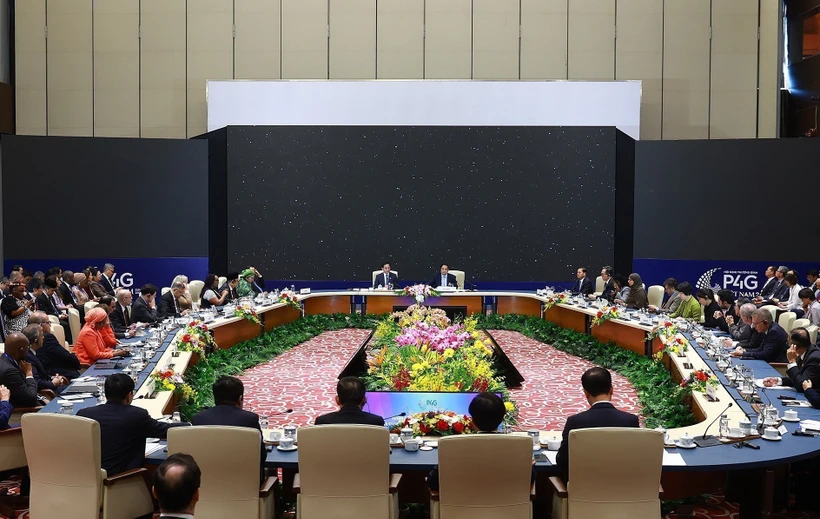

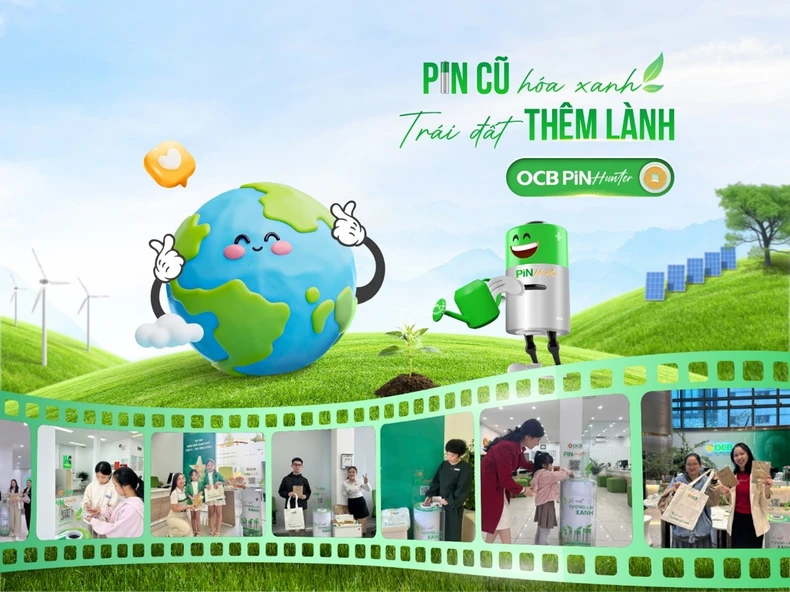

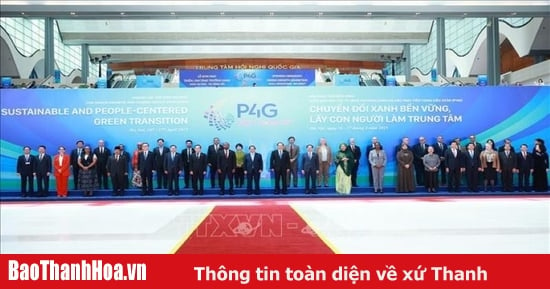

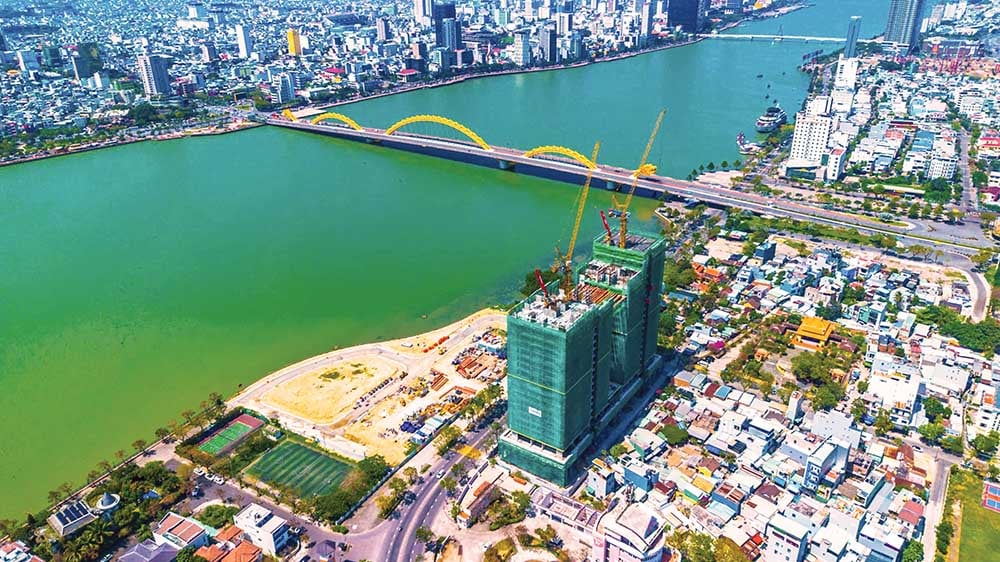

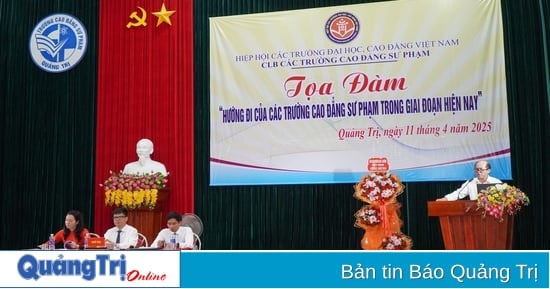

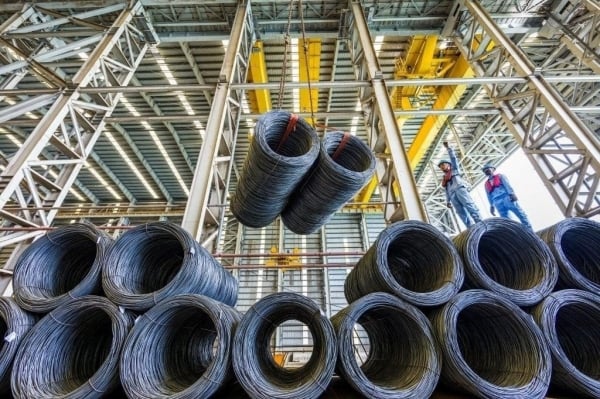


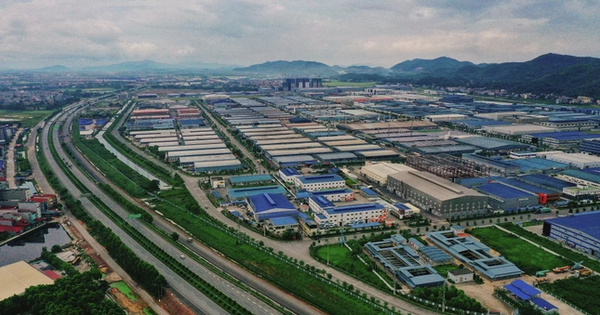
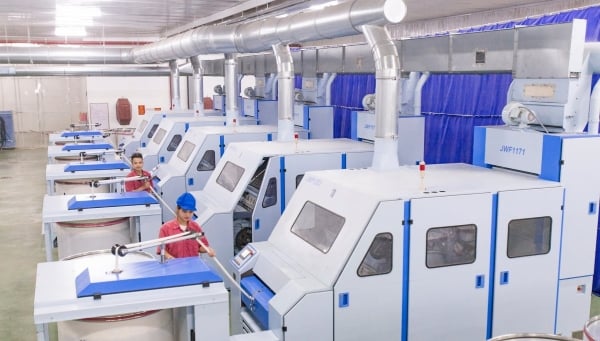
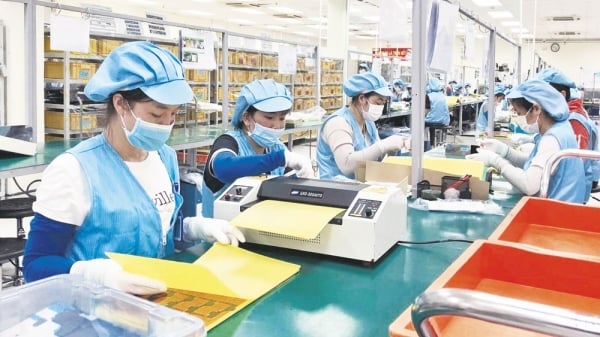


















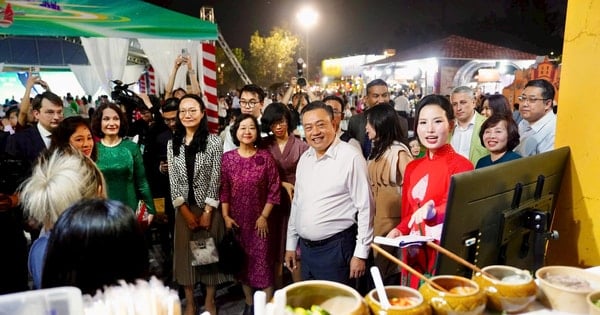















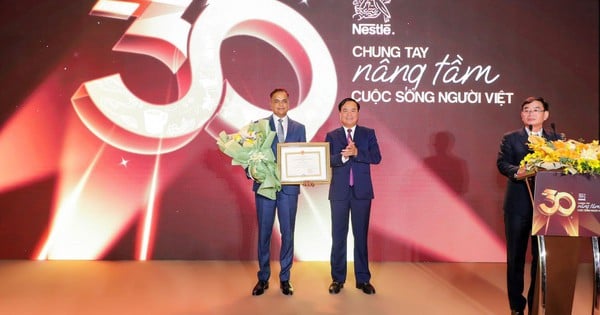

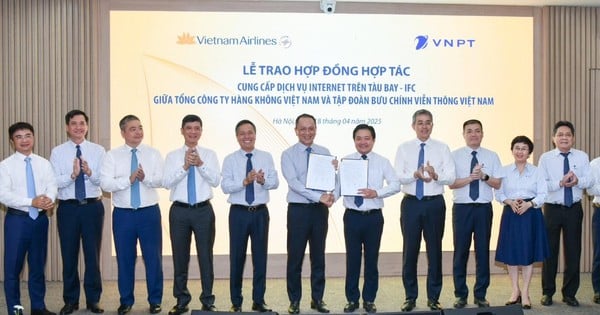




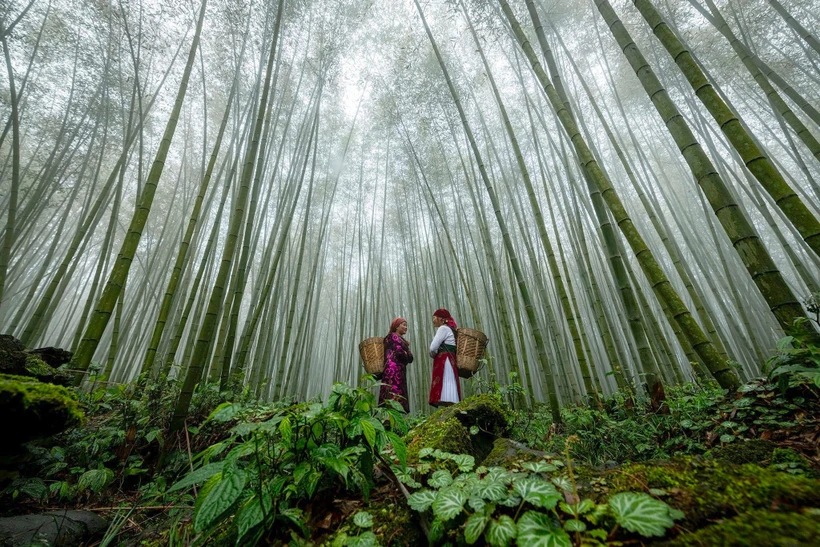

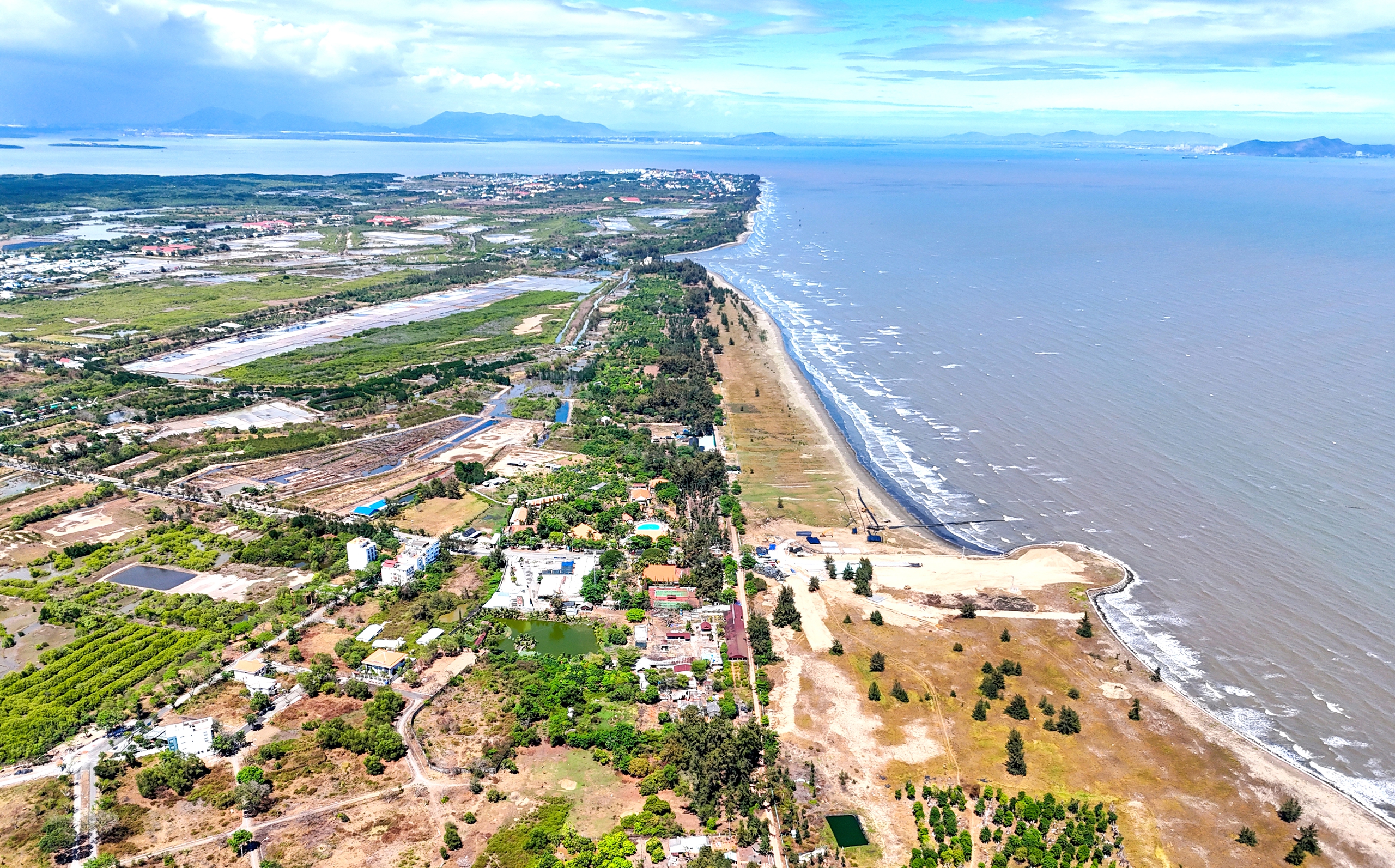





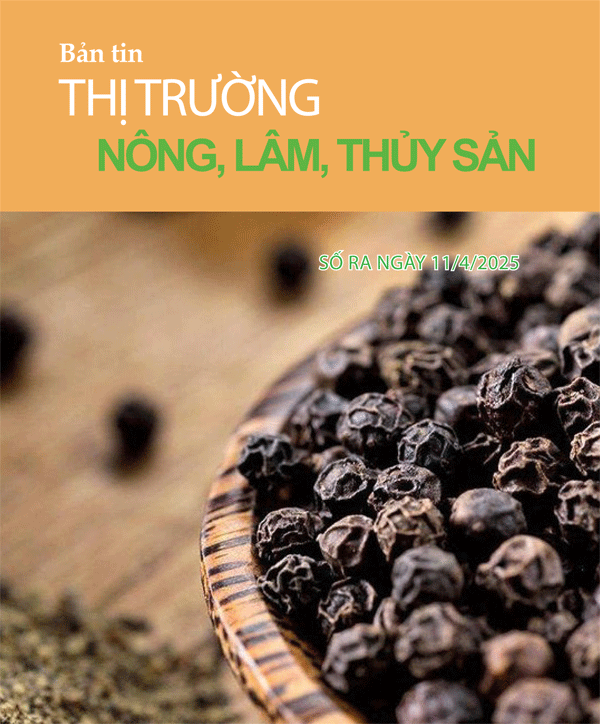

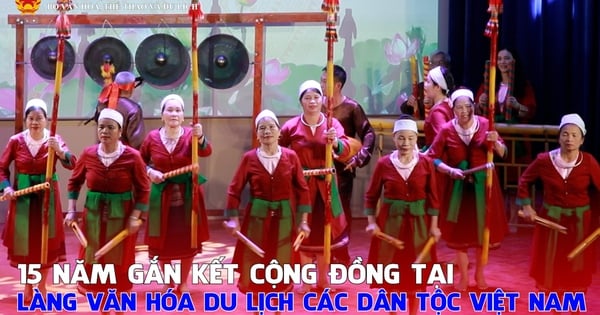

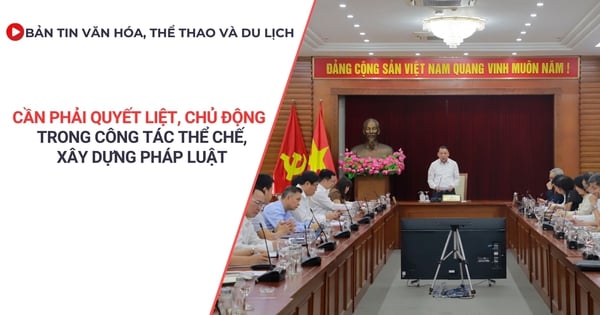




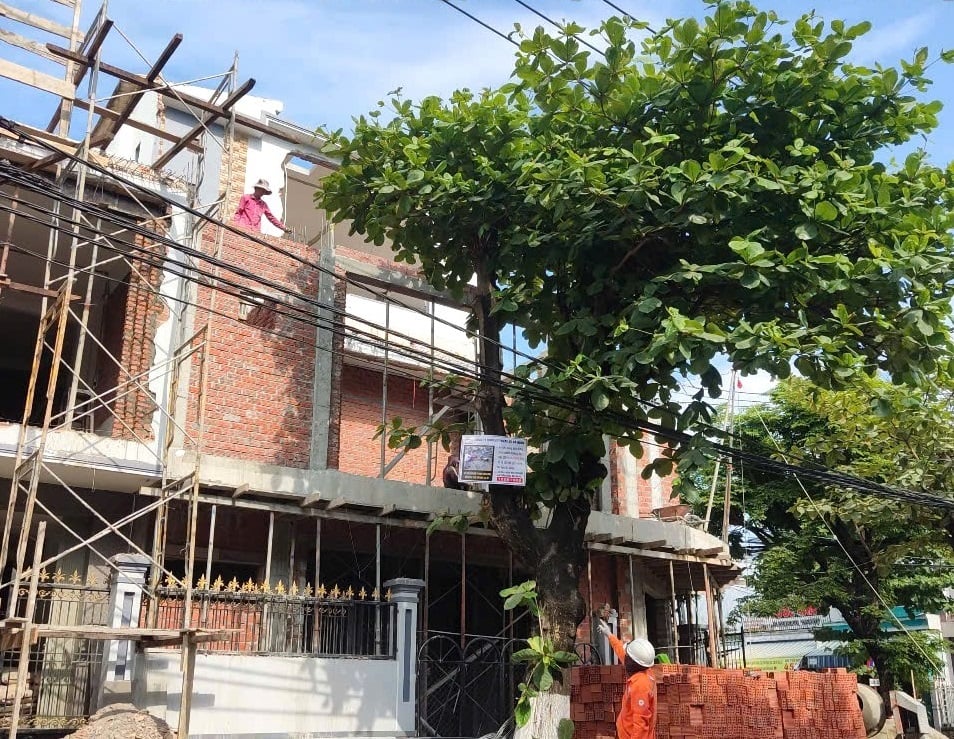

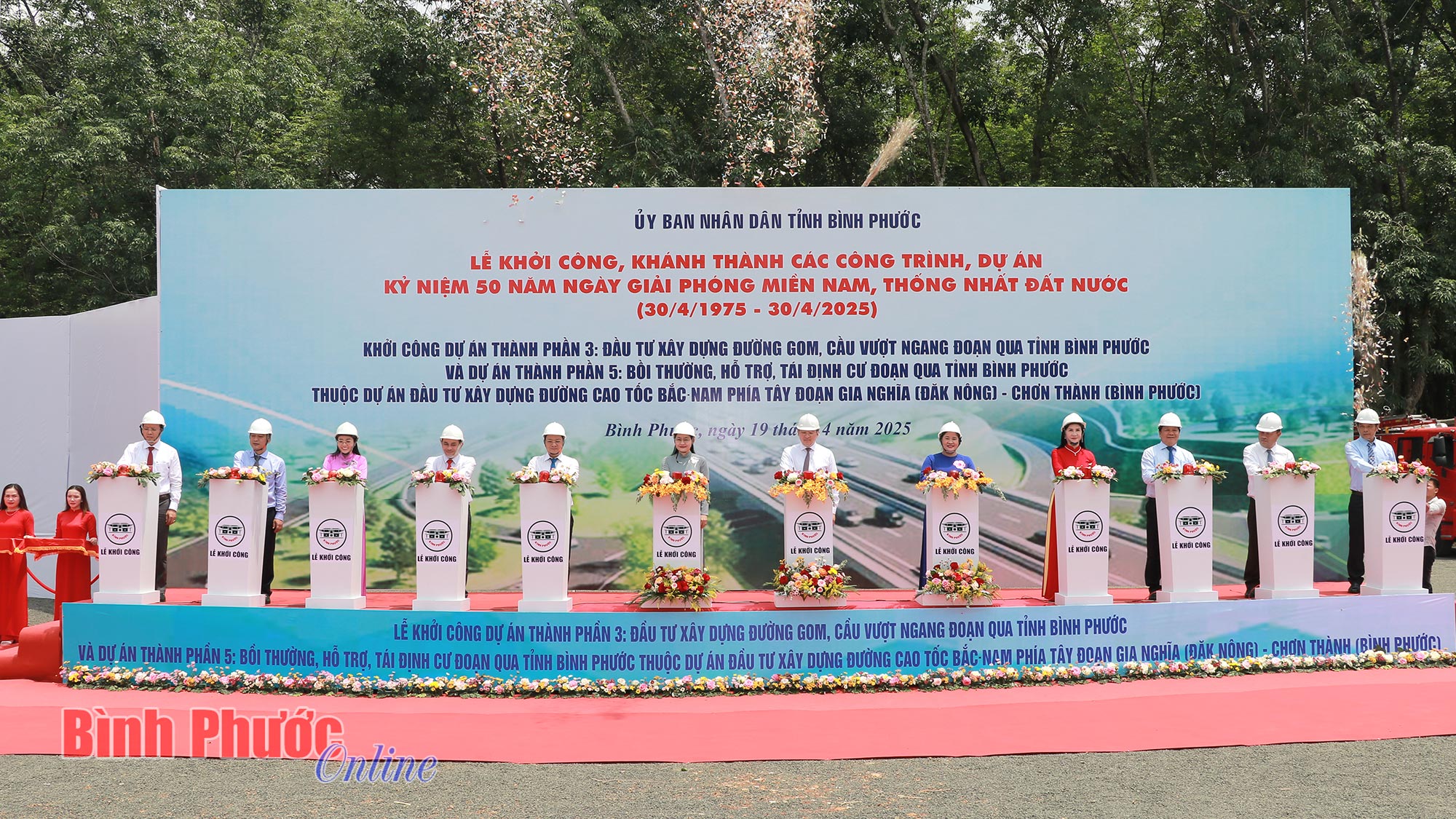

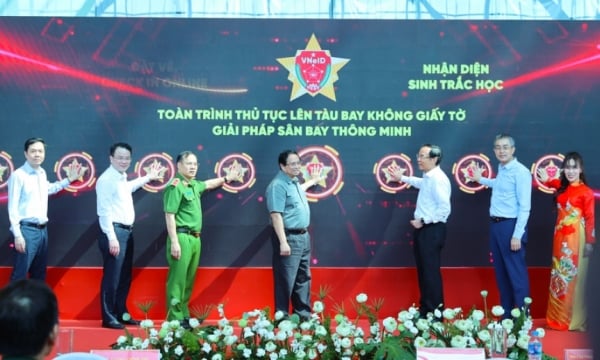
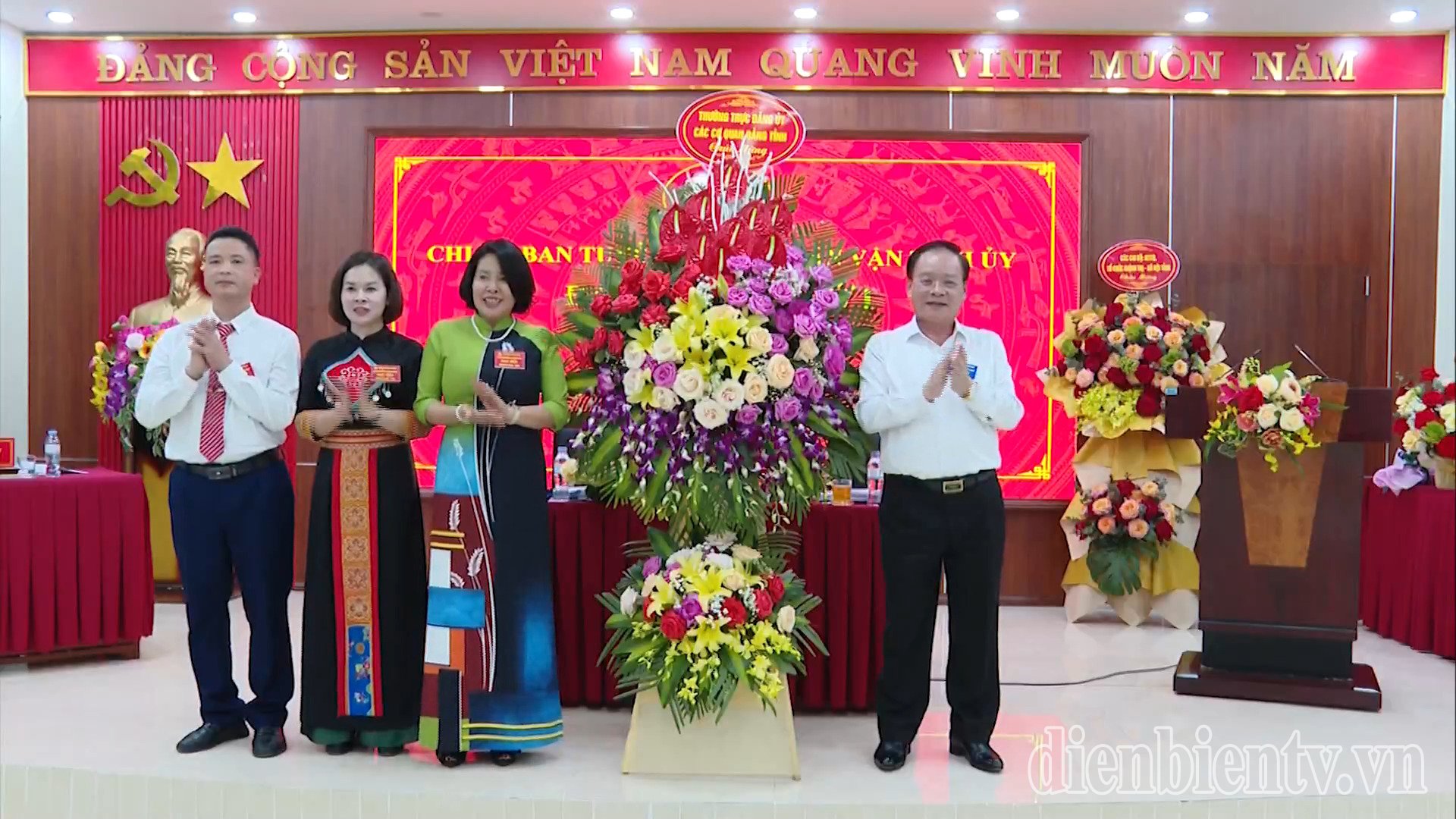

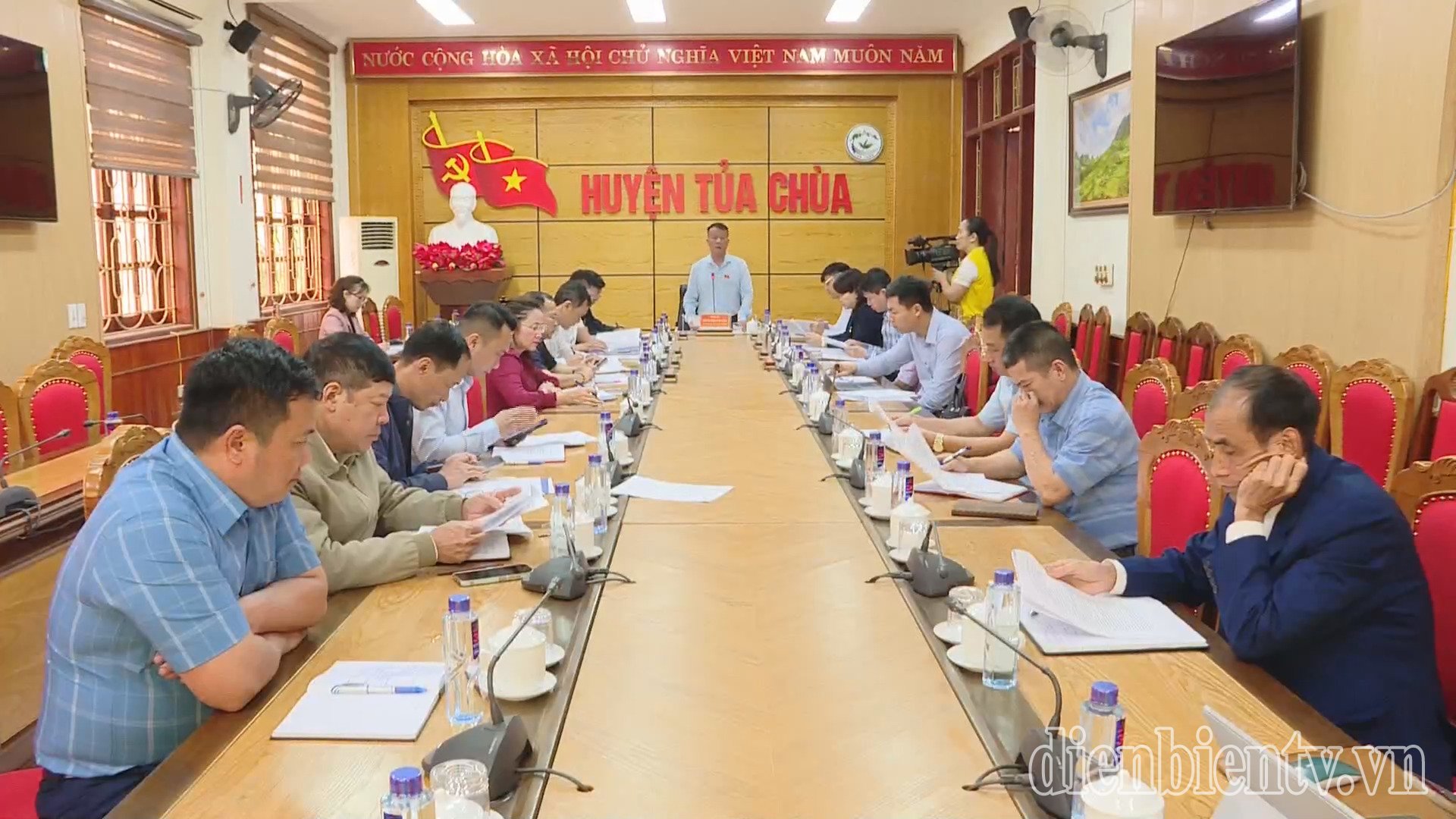









Comment (0)